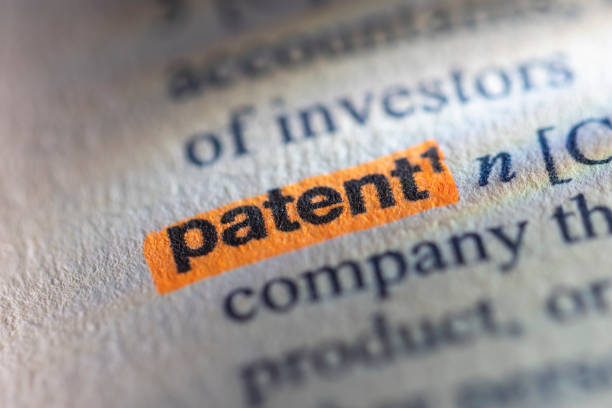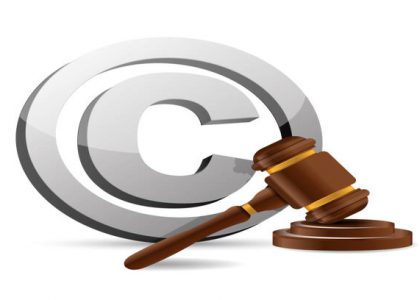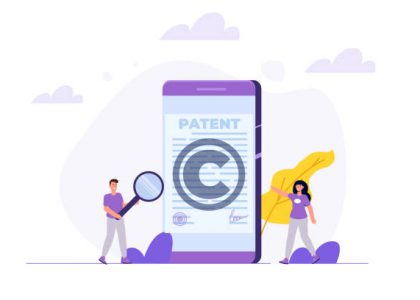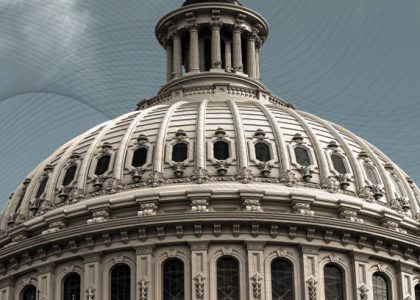


Entrepreneurial ventures rely on licenses to gain a competitive edge in the market. Patents, for instance, provide startups with the exclusive rights to a specific market segment, offering a significant advantage that appeals to investors seeking innovative and protected ventures.
The protective shield that patents offer minimizes the risk of infringement lawsuits, creating a defensive position against aggressive market players. Even if litigation arises, patents open doors to counterclaims and cross-licensing settlements, often the primary reasons behind patent claims.
However, the benefits of patents extend beyond protection. They provide avenues for startups to sell off patents or pivot their business direction. Selling underutilized patents allows for the recovery of sunk costs, redirecting revenue toward more promising avenues of research and development. In case of startup failure, selling patents helps investors salvage a portion of their resources.
Yet, encumbrances, such as licensing agreements or non-suing pledges, can significantly diminish a patent’s market value. These constraints limit the ability of others to capitalize on the patent, reducing its attractiveness in the market.
Organizations like Parcel System impose encumbrances on patent assets for their members. While seemingly protective, these agreements might not be advantageous for startups facing different litigation risks compared to larger entities. Assessing membership in such consortiums should align with a startup’s long-term outlook and potential market exit strategies.
Brad Close, a seasoned patent broker, emphasizes the complexity of decisions regarding encumbrances. Startups may diversify their paths, making IP asset sales a viable strategy, especially when realigning their business focus.
Close highlights that while consortium memberships may shield startups from certain litigation threats, they might limit potential opportunities in selling patents to aggregators or Non-Practicing Entities (NPEs). The perceived benefit of avoiding litigation might not outweigh the trade-offs in relinquishing patent value.
In essence, while encumbrances might seem to offer protection, startups need to carefully evaluate their impact. The decision to engage in agreements that encumber patents should align with the long-term vision and adaptability of a startup, considering both present and potential future scenarios.




